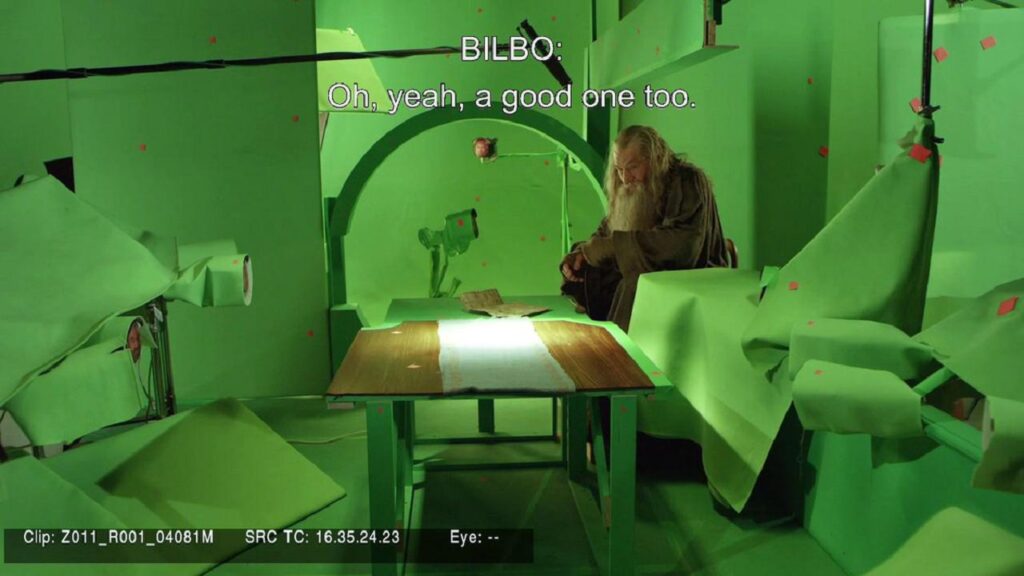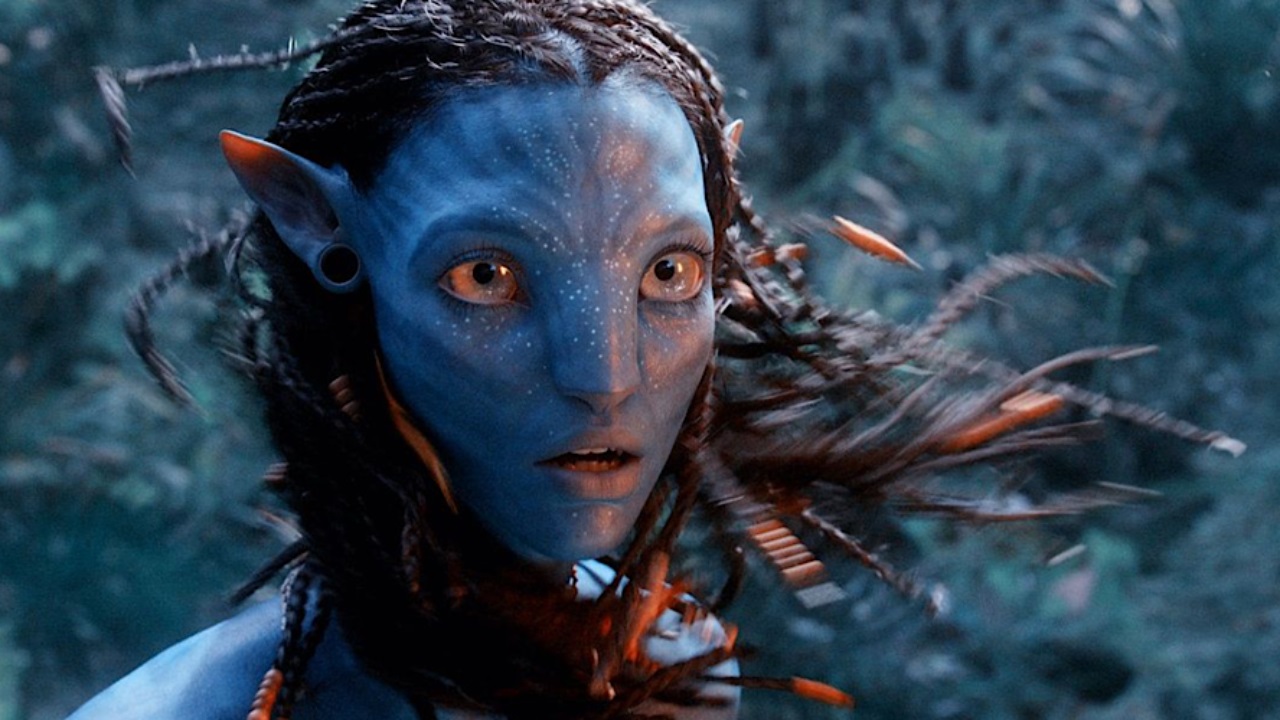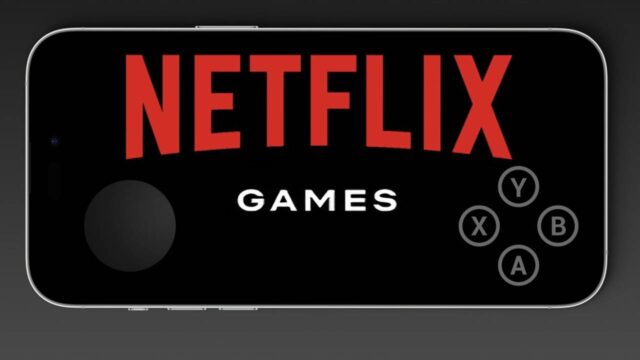CGI technology plays a crucial role in the film industry. This technology has made it possible for even small studios to create remarkable productions that are widely admired. However, opinions on the use of CGI are divided, with some people praising the masterpieces created through this technology while others criticize it. Many directors and producers argue that CGI is negatively impacting the culture of filmmaking. Despite these debates, we will delve into the world of CGI technology and showcase its best examples. Here are the details…
What is CGI technology?
CGI, or computer-generated imagery, is a graphic application for creating visuals. This technology contributes significantly to movie and is also used in the gaming industry. Scenes can be transformed into something entirely different from reality using green or blue screens or sensors placed on actors.

This technology is so advanced that viewers sometimes cannot differentiate between CGI and real-life footage. It is easy to use and popular among amateur artists. CGI technology offers many conveniences and has a considerable impact on movie.
Its primary use is to reduce financial costs
Producers often prefer filming action scenes with computer effects in a closed studio instead of practical effects on location, minimizing materials and personnel needs. Another advantage is time-saving. Film crews prefer working with screens and sensors in a closed studio rather than waiting for on-location setups, allowing for faster filming completion. Prominent directors such as Andy Serkis, Michael Bay, J.J. Abrams, Jon Favreau, and Guillermo del Toro have made significant contributions to modern cinema using CGI technology.

Is CGI technology killing cinema culture?
The answer to this question depends on the audience. While CGI technology benefits producers and directors, it is not popular among actors. Some actors find it challenging to act in unfamiliar environments created by CGI. For example, renowned actor Sir Ian McKellen became overwhelmed by the green screen during The Hobbit’s filming.

While fans generally appreciate the technology, some older-generation directors argue that it makes films more ordinary and diminishes the excitement and spirit of filmmaking. The return of deceased actors to films through effects adds fuel to the debate.














